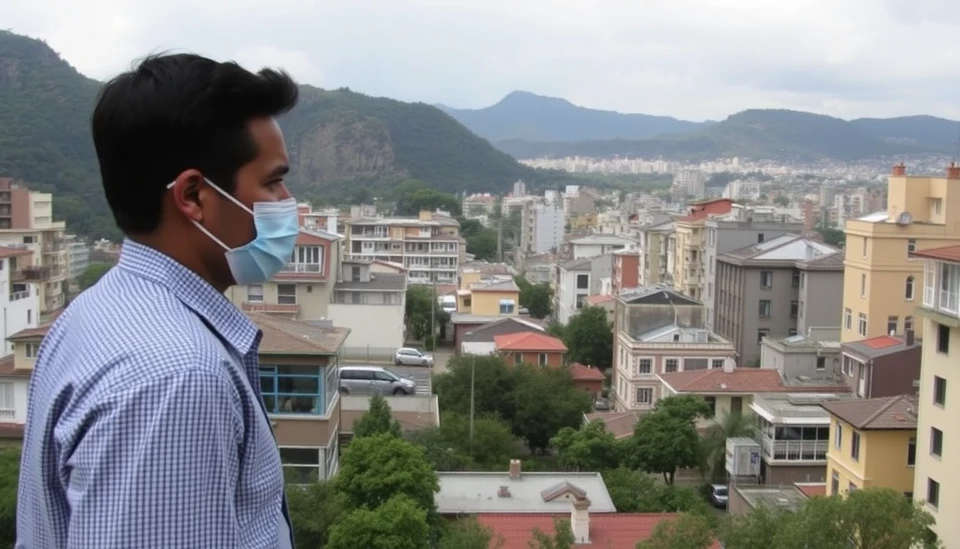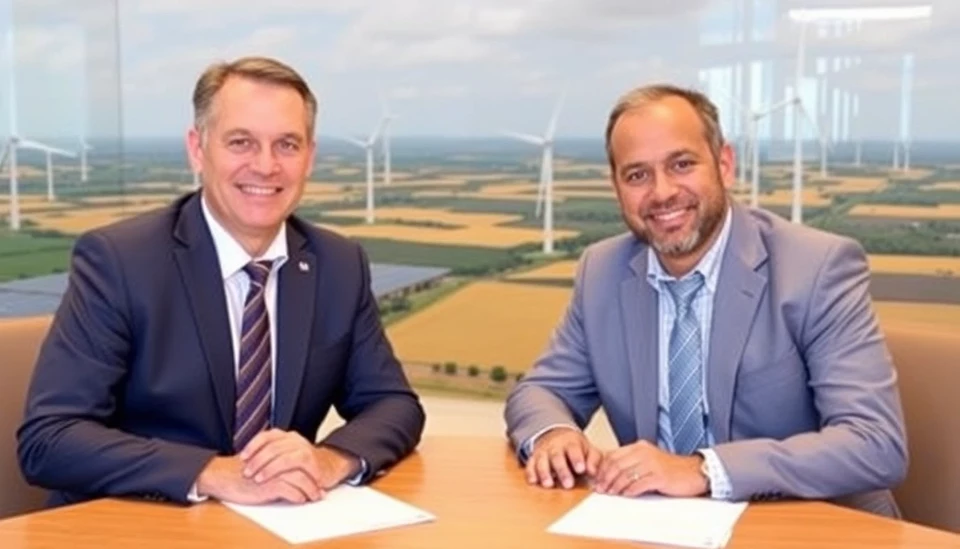
Colombia's economy is witnessing an unexpected twist as inflation rates have rebounded, catching economists and the public off guard. This shift comes on the heels of the central bank's decision to maintain the key interest rate at a steady level, raising questions about the future direction of monetary policy.
Data released recently revealed that Colombia's inflation rate surged to 5.94% in January, marking a notable increase from the previous month’s figure of 5.54%. This unexpected rise indicates that the pressures on prices are still significant, even as the central bank's efforts to combat inflation through interest rate adjustments have seemingly stalled for now.
The decision to keep interest rates at 13.25% in January was seen as a pause in the tightening cycle that had characterized the previous months. Many financial analysts had hoped this would help stabilize the economy, but the latest inflation figures suggest that underlying economic conditions may not be as favorable as previously believed.
One of the primary drivers of the recent inflation uptick has been the high cost of food and energy, which have continued to put a strain on household budgets across the nation. Transportation costs have also risen significantly, further exacerbating the situation. As a result, policymakers are now grappling with the dilemma of whether to resume rate hikes or to wait and observe the economic landscape more closely.
Experts are divided on the implications of this inflation rebound. Some believe that the central bank should take proactive measures to prevent inflation from spiraling out of control, while others argue that a more cautious approach might be warranted to give the economy a chance to adjust to the recent monetary policies.
Banco de la República, Colombia's central bank, has historically prioritized controlling inflation to maintain economic stability. However, with ongoing global economic uncertainties and the vulnerabilities in domestic markets, the central bank is at a critical juncture. The upcoming economic outlook will be critical for shaping future policy responses.
As inflation continues to fluctuate, the central bank must weigh the risks of implementing further rate hikes against the potential for stifling economic growth. Analysts predict that the discussions surrounding monetary policy will intensify as the country approaches further economic assessments.
This unforeseen increase in inflation not only affects the broader economic stability of Colombia but also poses challenges for consumers who are increasingly feeling the pinch. With everyday expenses becoming more burdensome, the population is looking to government measures to provide relief and assurance of economic support.
In summary, Colombia’s recent inflation spike amidst a rate pause underscores the complexities of managing an economy in turbulent times. Stakeholders across all sectors will be monitoring the situation closely as they await the central bank's next move in response to the shifting economic landscape.
#Colombia #Inflation #Economy #CentralBank #InterestRates #MonetaryPolicy #EconomicStability #FoodPrices #EnergyCosts
Author: Laura Mitchell




